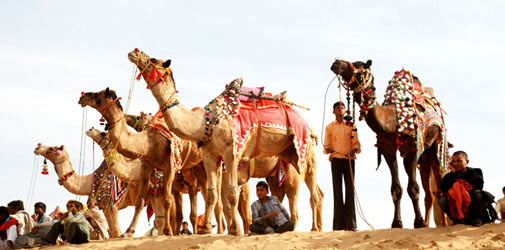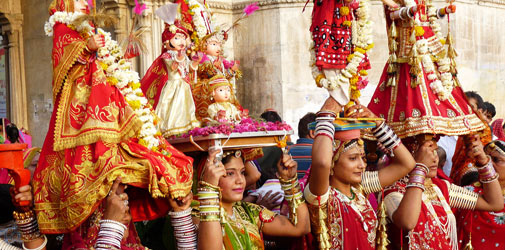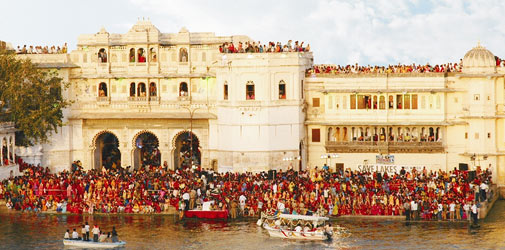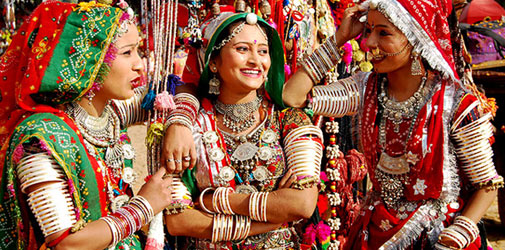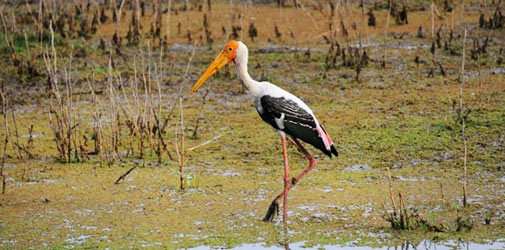Vaccines
Any holiday is better enjoyed and treasured if you take the right precautions before heading for the destination. Just like making a list of the required stuff for the trip, it is equally important to update yourself on the different vaccinations that you might require, just prior to your flight to India. Before embarking on your vacation to India, you must make yourself familiar with different diseases that are common in Indian climatic conditions. It is advised that you visit a physician or a travel doctor to get all necessary information on the different vaccines to prevent yourself from falling prey to various diseases. Here is a comprehensive list of all the diseases that are common to India and the vaccinations for them.
Hepatitis A
Hepatitis A vaccination is recommended for all travelers to India. Since this disease transmits through contamination of food and water, it is highly imperative for travelers to India getting affected. As such, immunization against Hepatitis A is recommended for all international tourists above the age of one.
Hepatitis B
The risk of contracting Hepatitis B is high. This viral infection spreads through bodily fluids and blood. The chances of transmission of this disease can be due to sexual activity, recreational drug use, bring in an accident, and while receiving medical care. In certain cases, the consequences can be serious, resulting in liver damage and life-threatening complications. Therefore, if one hasn’t taken such a vaccination previously, it is advised to get it before coming to India.
Typhoid
Caused by bacteria, one can contract typhoid fever by eating or drinking contaminated food or water. This life-threatening disease can be identified through common symptoms, like fatigue and inability to eat. Thus, it is important to receive vaccination against typhoid fever before traveling to India, especially if the visits include rural areas or small towns.
Polio
In case of Polio, one-time booster is recommended for any adult traveler who completed the childhood series but never had polio vaccine as an adult.
Yellow Fever
Vaccination for yellow fever is required only for travelers arriving from or transiting through any yellow-fever-infected area like Africa.
Japanese Encephalitis
This viral disease is transmitted through mosquito bites. This vaccine is recommended for travelers staying for more than one month and traveling to rural farming areas. Also, travelers engaging in extensive unprotected outdoor activities in rural areas, especially after dusk, should go for this vaccination.
Rabies
Any traveler who is likely to spend a considerate amount of time outdoors, especially in rural areas, is advised to get the rabies vaccine before traveling to India. Children and youngsters are more prone to animal bites and getting infection with rabies.
Measles, Mumps, Rubella (MMR)
If any person born after 1956 has not previously taken this vaccination, he/she should take two doses of the same. To ensure the vaccine has passed onto the blood, a blood test can be done. However, pregnant women and those with immunesuppression should not take this vaccine since it is a live vaccine. Also, after taking the MMR vaccine, women are recommended not to conceive for the next four weeks.
Tetanus-Diphtheria-Pertussis
You need to take this revaccination every 10 years. Hence, if you haven’t taken one in the last ten years, get one shot before your trip to India.
Major Diseases in India
Planning a trip to India and worried about the common diseases in India? To make your visit to India truly memorable, highlighted here some of the major diseases that occur in India.
Diarrhea
The most common ailment of travelers is diarrhea. The main cause of it is unclean food and water. It is advised to carry an antibiotic and an anti-diarrhea drug if significant diarrhea occurs. In case of diarrhea, good amount of fluid intake is required. However, if diarrhea gets severe, you should immediately call a doctor.
Malaria
Prophylaxis with mefloquine (Lariam), atovaquone/proguanil (Malarone) or doxycycline is recommended throughout India (including Delhi and Bombay), except at places located at high altitudes (2000 m / 6561 ft). Long-term travelers coming to India may not have access to medical care all the time; they should bring along medications for emergency self-treatment in case they develop symptoms indicative of malaria, such as fever, headaches, chills and muscle aches. It is important to note that the symptoms of malaria sometimes may not occur for months or even years after exposure.
Altitude Sickness
Altitude sickness may occur in travelers ascending altitudes greater than 2500 m. This specifically includes the mountain areas of northern India. Those with a history of heart disease, lung disease, or sickle cell disease are advised to avoid high altitudes.
